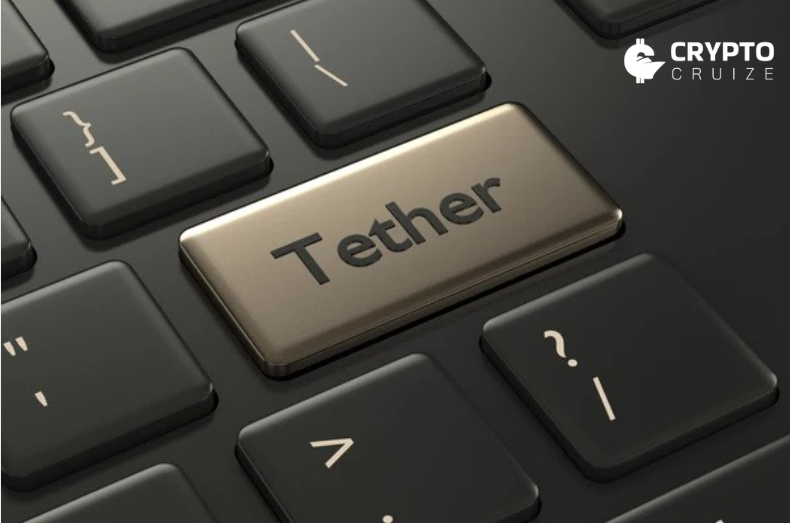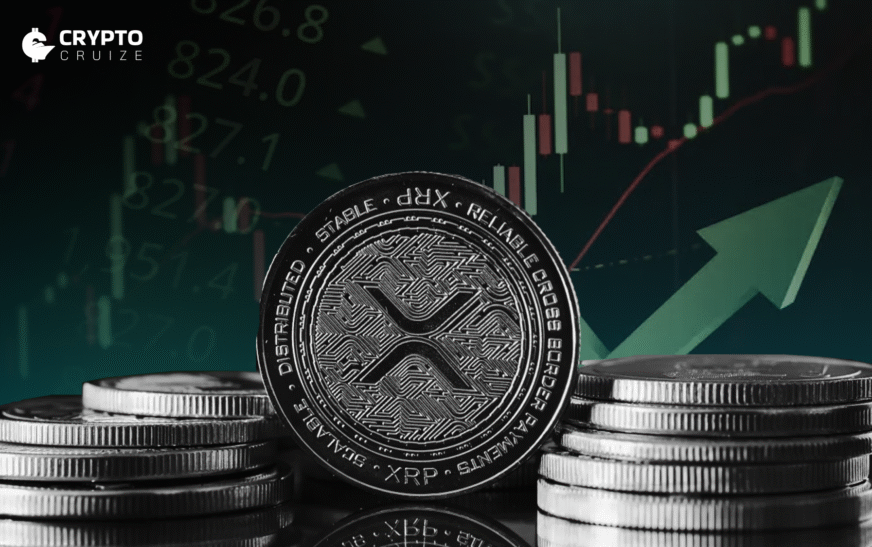Pakistan has officially launched the Pakistan Virtual Assets Regulatory Authority (PVARA), a new independent body established to regulate and supervise the country’s rapidly growing crypto and digital asset industry.
The development, reported by local English-language newspaper Dawn, marks a major policy step by the federal government to bring structure, transparency, and global alignment to the virtual assets ecosystem.
Independent Oversight Body for Crypto Sector
PVARA will serve as a dedicated regulator for virtual asset service providers, with responsibilities including licensing, monitoring, and ensuring compliance with international standards. In particular, the body aims to align its operations with the guidelines set by the Financial Action Task Force (FATF), which plays a key role in combating money laundering and terrorist financing.
The authority has been granted independence to perform its duties and is expected to play a pivotal role in shaping Pakistan’s crypto landscape. According to the government, PVARA will act as a central institution ensuring that digital finance activities are safe, legitimate, and future-ready.
Government Aims to Lead in Digital Finance
Pakistan’s Federal Minister for Finance and Revenue, Muhammad Aurangzeb, stated that the creation of PVARA is not just a regulatory response, but a step toward global leadership in financial innovation.
“We are creating a future-ready framework that protects consumers, invites global investment, and puts Pakistan at the forefront of financial innovation,” said Aurangzeb. The finance ministry described the move as “a critical inflexion point” in the country’s financial policy, reflecting a commitment to building a robust digital asset infrastructure.
The establishment of PVARA was first endorsed in late May by the Ministry of Finance and now reflects a consolidated push by Pakistani authorities to formalise their digital finance ambitions.
IMF Opposition Fails to Deter Policy Push
Despite this progressive step, the country’s crypto expansion efforts have not been without challenges. The International Monetary Fund (IMF) recently rejected a proposal by Pakistan to provide subsidised electricity to energy-intensive industries, including Bitcoin mining.

This rejection came on the heels of reports in May that Pakistan had allocated 2,000 megawatts of surplus electricity for use in Bitcoin mining and artificial intelligence data centres. These projects were part of a wider digital transformation plan spearheaded by the Pakistan Crypto Council in collaboration with the Ministry of Finance.
While the IMF has shown reservations, Pakistani policymakers appear determined to proceed with their vision of positioning the country as a serious player in the crypto and Web3 space.
Global Engagement and Strategic Meetings
In recent months, Pakistani officials have stepped up international engagement to explore opportunities and partnerships in the blockchain sector. In early June, Bilal Bin Saqib, Pakistan’s Minister of State for Crypto and Blockchain, held high-level meetings in the United States to discuss crypto strategy and collaboration.
Saqib met with Brandon Lutnick, the chairman and CEO of global financial services firm Cantor Fitzgerald, as well as New York City Mayor Eric Adams. Their discussions focused on Bitcoin mining, tokenisation, and Pakistan’s Web3 future. Collaboration between New York City and the Pakistan Crypto Council was also a key topic.
In another significant meeting, Saqib visited the White House and engaged in dialogue with Robert “Bo” Hines, executive director of former US President Donald Trump’s Council on Digital Assets. The discussion covered potential cooperation on initiatives including mining operations and the development of Bitcoin reserves in Pakistan.
Towards a Digitally-Driven Future
These developments reflect Pakistan’s growing ambition to become a major player in the global digital finance landscape. With the launch of PVARA, the government aims to establish a regulated, innovation-friendly environment that can attract international investment, promote transparency, and empower domestic users in the crypto space.
By taking regulatory steps while actively pursuing international partnerships, Pakistan appears to be laying the groundwork for a long-term digital transformation that could reshape its economy and financial ecosystem.















